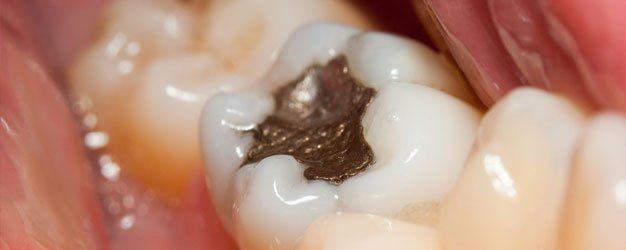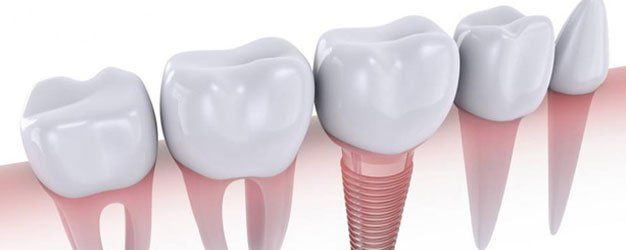Restorative Dentistry
Open Since 1989 | Most Insurance Accepted | Emergency Services Available
Open Since 1989Most Insurance AcceptedEmergency Services Available
All About Dental Amalgam
Dental amalgam (or silver filling) is a mixture of mercury, silver, tin and copper. Mercury, which makes up about 50 percent of the compound, is used to bind the metals together and to provide a strong, hard, durable filling.
Thanks to years of research, mercury has been found to be the only element that will bind these metals together in such a way that can be easily manipulated into a tooth cavity.
At Scotia Glenville Dental Center, we specialize in placing dental fillings to help restore damaged teeth. All our dental work is completed right here in-house.

Learn About Composite Resin
A composite filling is a tooth-colored plastic and glass mixture that is used to restore decayed teeth. This material is also used for cosmetic improvements of the smile by changing the color of the teeth or reshaping disfigured teeth.
How is a composite placed?
Following preparation, the dentist places the composite in layers, typically using a specialized light to harden each layer. When this process is finished, your dentist will shape the composite to fit the tooth. It is then polished to prevent staining and early wear.
What is the cost?
Prices vary, but composites can cost up to two times the price of a silver filling. Most dental insurance covers the cost of the composite up to the price of a silver filling, with the patient paying the difference. As composites continue to improve, insurance providers are more likely to increase their coverage of this material.
What are the advantages of composites?
Aesthetics are the main advantage since dentists can blend shades to create a color nearly identical to that of your actual tooth. Composites also bond to the tooth to support its remaining tooth structure, which helps to prevent breakage and insulate the tooth from any excessive temperature changes.
What are the disadvantages?
After receiving a composite, you may experience postoperative sensitivity. Also, the shade of the composite can change slightly from drinking tea, coffee or other staining foods. Your dentist can put a clear plastic coating over the composite to prevent the color from changing if you're particularly concerned about this issue.
Composites also tend to wear out sooner than silver fillings in larger cavities, but they hold up as well in smaller cavities.

Are Dental Implants for You?
If you have suffered tooth loss from periodontal disease or injury, dental implants may be the best thing for restoring your smile. Implants replace the existing root and act as a strong foundation where your teeth are missing.
The implants are matched to the color of the rest of your teeth so your smile still looks natural. Dental implants not only improve appearance but also your overall comfort and oral hygiene as well.

Decades of Experience
Scotia Glenville Dental Center has cared for countless patients since we opened our doors in 1989. Call us to make your appointment today!
Call
(518) 377-4431
(518) 377-4431
to schedule your appointment!

Share On: